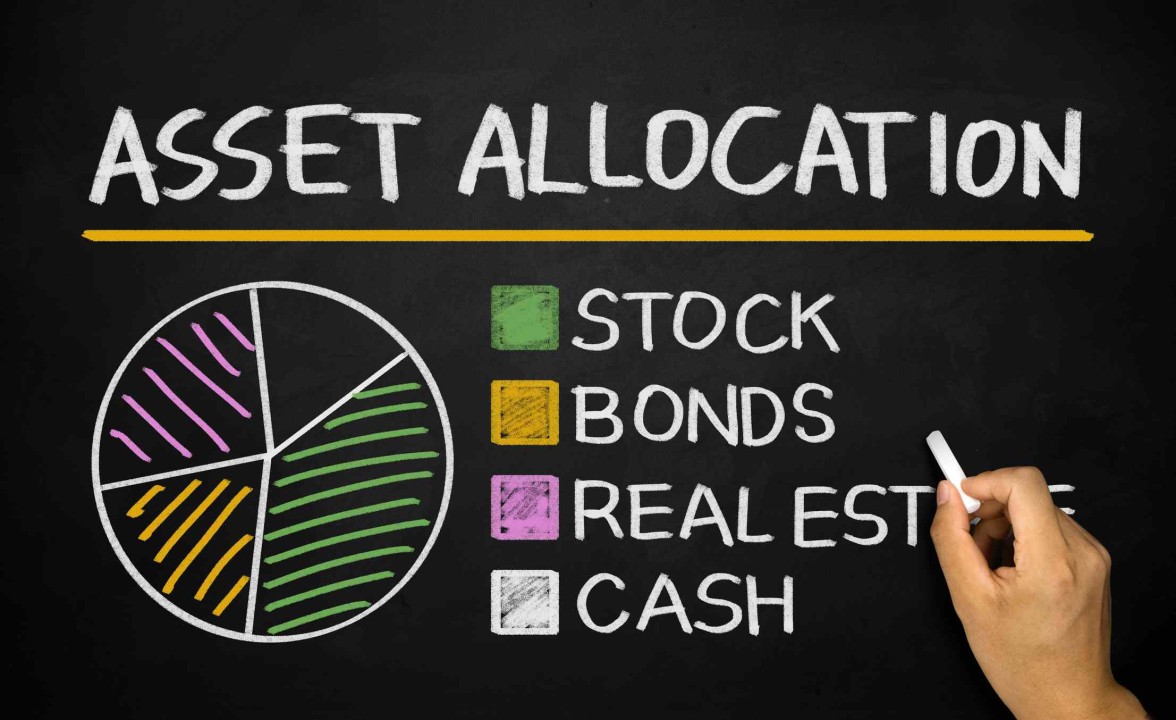
Investing in Index Funds (what the heck are they...?)
Mar 22, 2025Read time - 3 minutes / Disclaimer
Index funds are a common investing tool and include:
- Low fees.
- Easy to buy.
- Easy to own.
Unfortunately, index funds can be a confusing topic.
Investing 101
Most people think to start investing you need:
- A lot of time.
- A lot of money.
- A finance degree.
But you don't need any of these things.
A few best practices and learning the abc's of index funds go a long way.
I watched hundreds of people retire early the 10 years I worked as a banker.
Most were normal folks.
They didn't have 2 degrees.
They didn't invent anything.
They didn't have rich relatives.
They just focused a lot on investing and keeping their expenses in check.
The truth is—
Being a boring investor works.
If you want to build a $1M+ net worth the boring way (and practice stealth wealth)...
Here's a guide to index funds.
Let's dive in:
Imagine all of your assets as a pie with many slices.
The investing world calls this "asset allocation".

Each slice of the pie is a different type of investment.
Think of index funds as different slices in that pie.
Here's 5 common types:
1. Total Stock Market Funds
Own thousands of stocks.
When you invest in 1 stock.
You have ownership in 1 company.
When you invest in a total stock market fund.
You have ownership in thousands of companies.
Examples include:
- Fidelity Total Market
(FSKAX)
- Schwab Total Stock Market
(SWTSX)
- Vanguard Total Stock Market
(VTI)
Investing in a total stock market fund is like investing in the entire stock market.
2. S&P 500 Funds
Own 500 large companies.
Instead of owning the entire stock market.
Owning an S&P 500 fund means...
Owning 500 of the largest companies.
Examples include:
- SPDR S&P 500
(SPY)
- Vanguard S&P500
(VOO)
- iShares Core S&P 500
(IVV)
Investing in an S&P 500 fund is like owning the largest businesses in the stock market.
3. International Stock Funds
Own international companies.
Most international funds invest in hundreds or thousands of companies.
Examples include:
- iShares MSCI ACWI
(ACWX)
- Schwab International
(SWISX)
- Vanguard Total International
(VXUS)
Investing in international stock funds is like owning companies around the world.
4. Real Estate Funds
Own lots of real estate.
Real estate funds are made up of things like: apartments, offices, malls, hotels, etc.
Examples include:
- Schwab U.S. REIT
(SCHH)
- Vanguard Real Estate
(VNQ)
- iShares U.S. Real Estate
(IYR)
Investing in real estate funds is like owning many different real estate projects.
5. Bond Funds
Become a lender.
Bond funds invest in government debt and the debt of individual companies.
Examples include:
- Vanguard Total Bond Market
(BND)
- iShares Core Aggregate Bond
(AGG)
- Schwab U.S. Aggregate Bond
(SCHZ)
Investing in bond funds is like getting paid interest when loaning out your money.
Conclusion
If you're new to investing.
You may be thinking—
What do I need to get started?
What the heck do I invest in?
Luckily, many index funds let you get started with just $1.
You don't need hundreds or thousands to get going.
If you ask 10 financial pros which funds to invest in...
You will get 10 different answers.
My favorite answer is Warren Buffett's (a guy that went from $0 to a $100 billion+ net worth).

Photo: Nati Harnik / AP
Buffett says—
"The goal of non-professionals shouldn't be to pick winners, rather to own businesses bound to do well...a low-cost S&P 500 index fund will achieve this goal."
Personally—
I like this advice and went that route (started at $0 and invested in an S&P500 fund).
I also like real estate so I house hacked (got loans and bought 7 properties).
Think about which investing style fits you best.
Investing in an S&P500 fund?
Investing in 2 or 3 funds?
Funds + real estate?
The road to $1M+ looks different for each of us.
Keep building 💰
See you next week.




